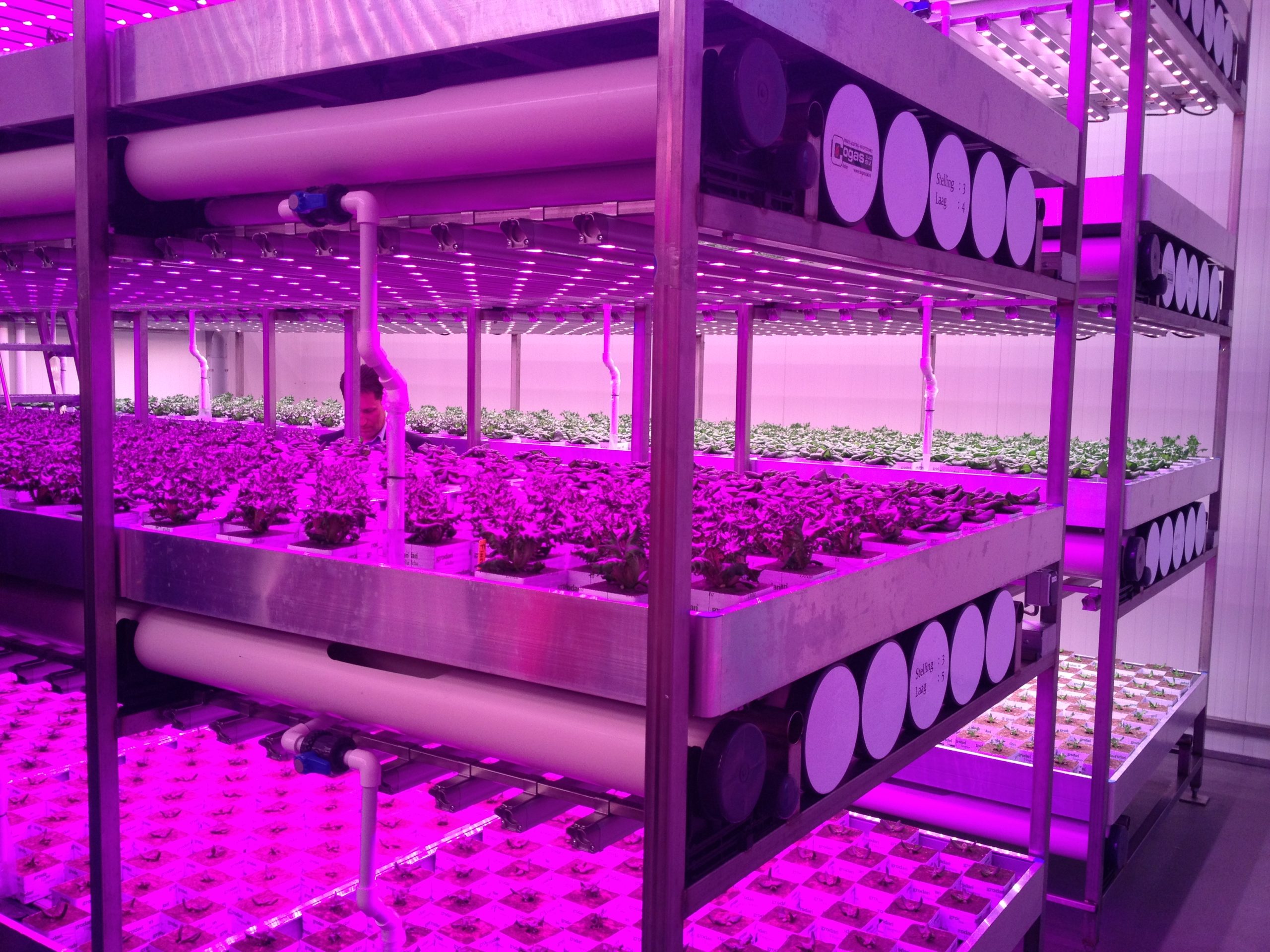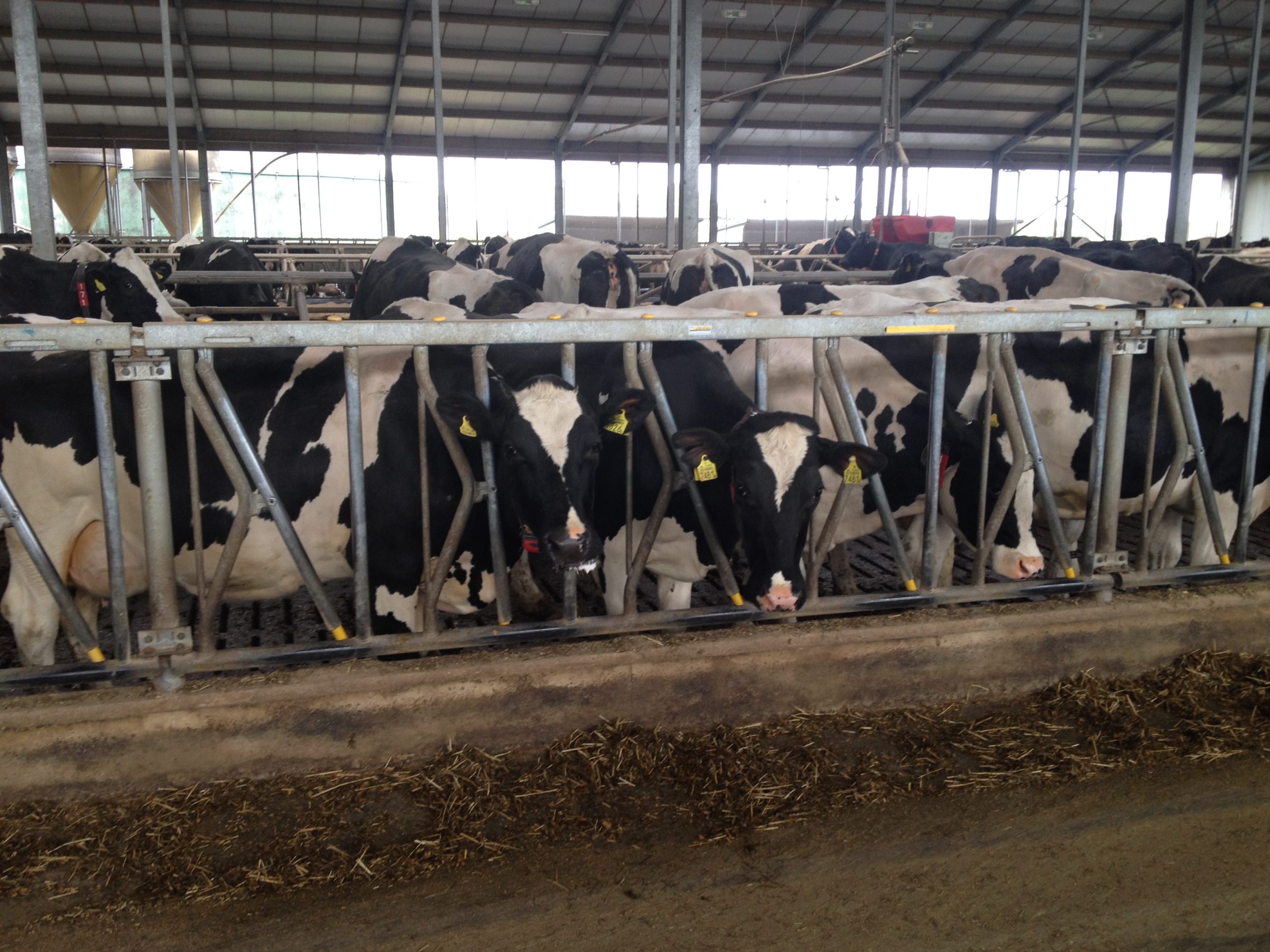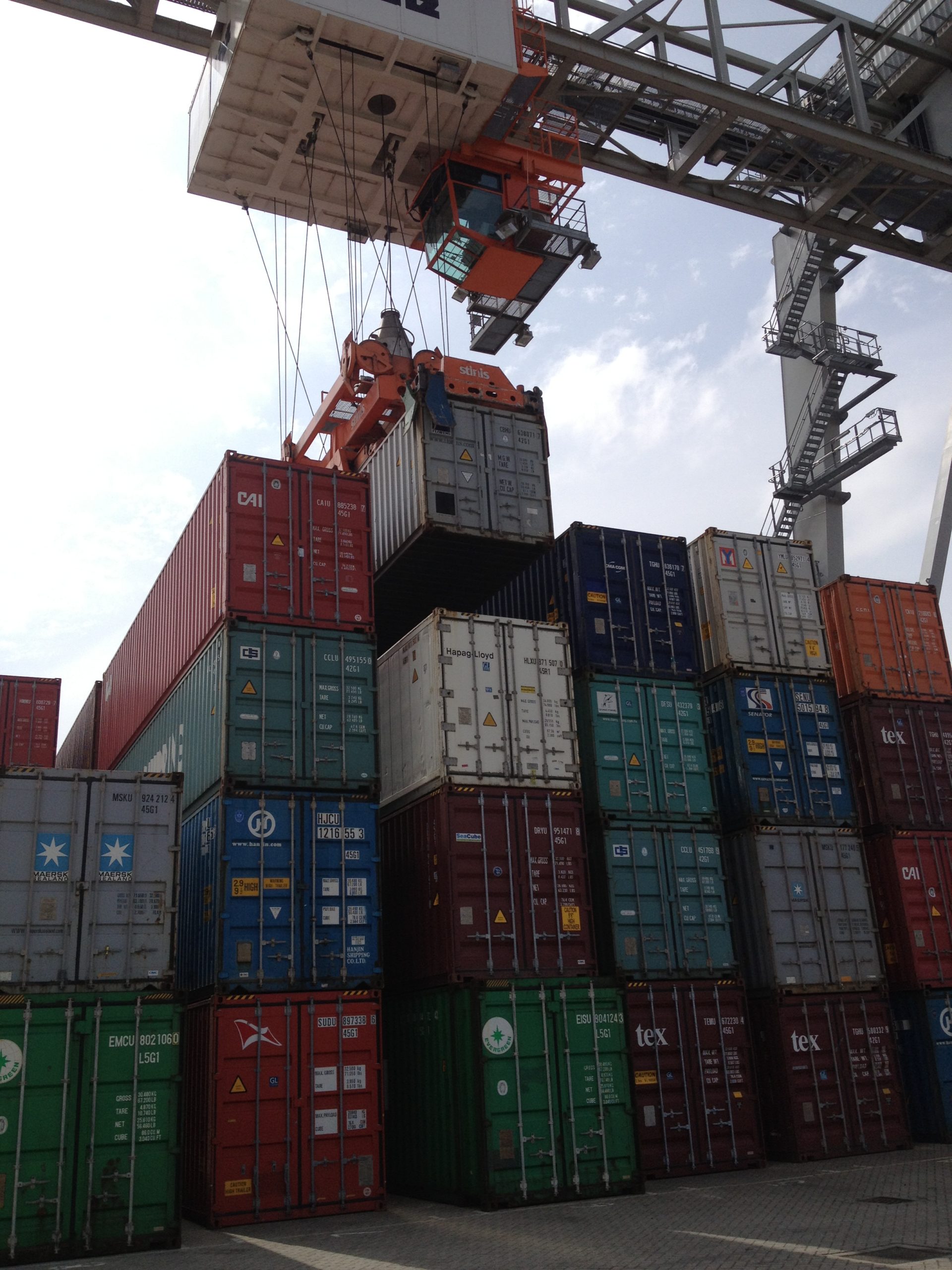The Netherlands is one of the twenty largest economies in the world and is a leading global knowledge economy. The country has a long history of invention and trade with other countries. In these times of global social and economic challenges, the Netherlands will also have to consider how innovation and entrepreneurship can continue to grow. These social challenges create a demand for public goods such as clean energy, sustainably produced food, affordable health care, clean drinking water and safe deltas. The Netherlands is a leader in products and services that contribute to these solutions. As these challenges are not unique to the Netherlands, they offer opportunities for export to the global market.

In terms of size and population the Netherlands is a small country. More than 17 million people with a diversity of nationalities live on an area of 41,850 km2. This makes the Netherlands one of the densest populated countries in the world. However, the Netherlands is not a small country in economic terms. The Gross Domestic Product (GDP) in the Netherlands was worth 1,01 trillion US dollars in 2022, according to official data from the World Bank and projections from Trading Economics. The GDP value of the Netherlands represents 0.78 percent of the world economy.

The Netherlands has a developed economy and has been playing a special role in the European economy for many centuries. Since the 16th century, shipping, fishing, agriculture, trade, and banking have been leading sectors of the economy in the Netherlands.
The Netherlands is located in North Western Europe, close to Europe’s 500 million consumers. The country shares borders with Belgium and Germany. The euro is the official currency.
The Netherlands has an international focus, a highly developed logistical and digital infrastructure. The majority of the people speak English and many people are multilingual. The Netherlands is one of the world’s largest agricultural producers, exporting nearly 124 billion Euros (2023) worth of vegetables, fruit, flowers, meat, dairy products and agricultural goods each year.

With its favourable location and excellent infrastructure, the Netherlands is a preferred hub for the distribution of goods to the European hinterland. With its Port of Rotterdam as the largest harbour in Europe and Schiphol airport it is truly the gateway to Europe.